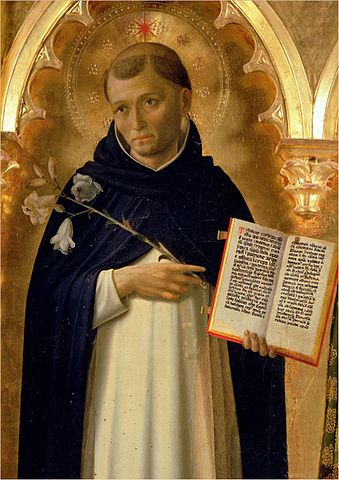We just learned about the Dominican Order.
Another part of early Christianity was the Medieval Inquisition.
We've learned that orthodoxy is what the church says you are supposed to do, and heresy is what the church says you are not supposed to do.
Long ago in many states and countries it was against the law to do or say something that was heresy.
If you were caught, the king or lord of the land would have a trial, and if you were found guilty you could be killed.
The church leaders decided that the kings and lords shouldn't be in charge of those trials, because they didn't know the laws that well.
They also wanted to try and give people the chance to learn what they did wrong and stop being heretics instead of being killed.
The church would send people from the Dominican or Franciscan order as judges to rule on trials as to whether the person was really bad or if they were just confused and needed to learn the right orthodox way to believe.
These trials were called Inquisitions.
For a while the Inquisitions were peaceful and did not allow anyone to be hurt. They were actually better than trials from the kings or lords where people were hurt and killed a lot more.
But as time went on the Inquisitions changed, and the Dominican and Franciscan leaders started to hurt people during the trials, to try and force them to admit that they had done something bad and were heretics.

(from: wikipedia - medieval inquisition)
Kid Facts - Blast from the past: Four Great Uncials



